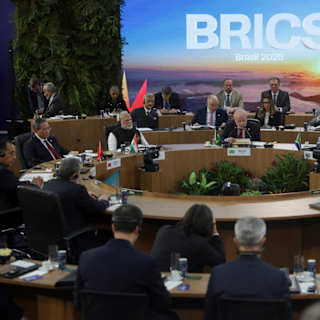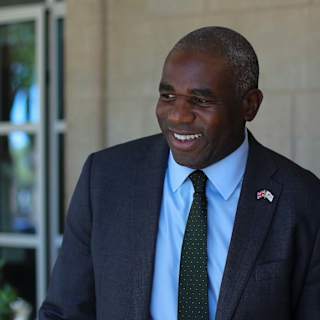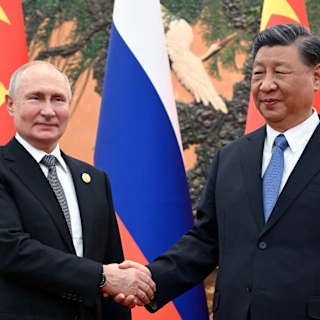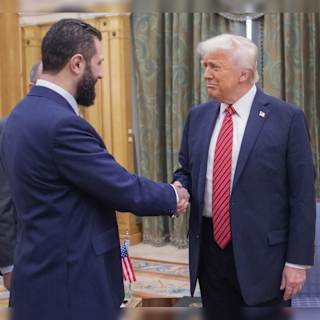- Diplomatic Breakthrough Amid Global Isolation
- Economic and Strategic Calculations
- Historical Context and International Response
Russia became the first country to officially recognize the Taliban government in Afghanistan on Thursday, marking a diplomatic milestone nearly four years after the militant group seized power in Kabul. The announcement by Russia's Foreign Ministry breaks an international stalemate that has left the Taliban administration isolated since taking control in August 2021.
The recognition came as Russia accepted the credentials of Gul Hassan, the Taliban's newly appointed ambassador to Moscow, with the Taliban flag raised at Afghanistan's embassy compound in the Russian capital. No other major power has taken this step, despite several countries maintaining diplomatic relations with the Taliban-controlled government.
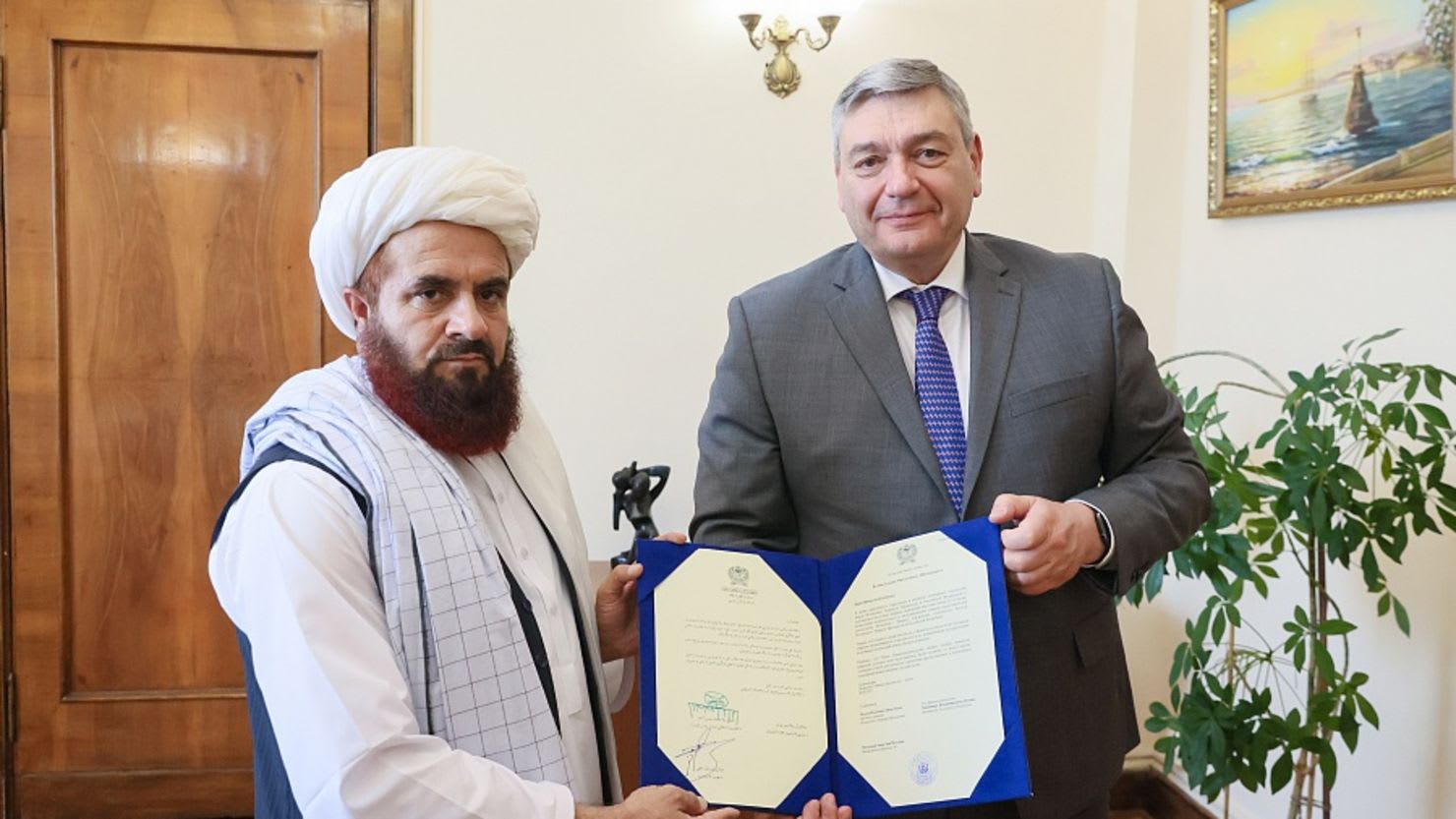
"We believe that the act of official recognition of the government of the Islamic Emirate of Afghanistan will give impetus to the development of productive bilateral cooperation between our countries in various fields," the Russian Foreign Ministry said in a statement1.
Taliban Foreign Minister Amir Khan Muttaqi welcomed the decision during a meeting with Russian Ambassador Dmitry Zhirnov in Kabul. "We value this courageous step taken by Russia, and, God willing, it will serve as an example for others as well," Muttaqi said2.
The move has drawn sharp criticism from human rights advocates. The Feminist Majority Foundation called it "a devastating day for Afghan women and a grave setback for human rights," arguing that the recognition "legitimizes the Taliban's brutal system of gender apartheid"3.
Russia cited economic opportunities in energy, transport, agriculture and infrastructure as drivers for the recognition1. The decision follows Russia's removal of the Taliban from its terrorist organization list in April 2025, clearing legal obstacles for formal diplomatic ties2.
Russian President Vladimir Putin had previously called the Taliban "allies in the fight against terrorism" in July 20243. The recognition aligns with Moscow's broader strategy of partnering with authoritarian regimes as relations with Western governments deteriorated following Russia's 2022 invasion of Ukraine2.
The Taliban has enforced strict Islamic law since returning to power, banning women from education and most employment while restricting their movement and participation in public life1. These policies have prevented international recognition despite the group's control over Afghanistan.
China, Turkey, Iran, and Pakistan have maintained diplomatic relations with the Taliban but stopped short of formal recognition2. The international community has generally conditioned recognition on improvements in human rights and inclusive governance.
"This acknowledgment will serve as a model for other countries to follow," Muttaqi said, signaling the Taliban's hopes that Russia's decision will encourage other nations to follow suit3.
